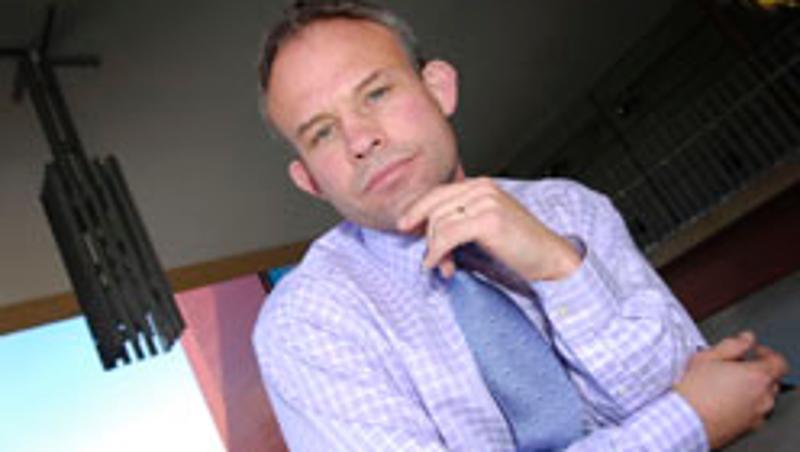
Exercise can increase some people's desire to eat high-fat, sugary foods such as doughnuts and prevent them from achieving weight loss goals, a new study shows.
Queensland University of Technology (QUT) Associate Professor Neil King, from the Institute of Health Biomedical Innovation (IHBI), said exercise caused an increased wanting for fatty, sweet foods in some overweight and obese people.
Professor King, a behavioural scientist, said his previous research, published in 2008, had shown the ability of overweight people to shed kilos through exercise varied considerably.
"What that told us is that exercise won't work in the same way for everyone," he said.
"Some people lose weight equal to or more than the expected weight, whereas some people lose less weight than expected. We are now beginning to research and explain why they may not be able to lose the expected weight."
Professor King was co-researcher in the study, which was done in collaboration with UK researchers.
They predicted that exercise would increase some overweight participants' desire to eat fatty, sugary foods and hinder their ability to lose weight.
The results, recently published in the International Journal of Obesity, found 14 of the 34 people who successfully completed a 12-week supervised exercise program failed to achieve weight-loss targets.
The study found this group of "non-responders" had increased cravings for all food categories tested, particularly high-fat, sweet foods including doughnuts and milk chocolate.
Professor King said previous research showed that implicit wanting of food after exercise could predict those who increased their food intake compared to those who ate the same amount.
Participants who lost weight, called "responders", preferred other types of low-fat food after exercise.
"We know that the combination of fatty and sweet foods is extremely palatable to human beings. But we also know it's extremely dense in calories," Professor King said.
"People have to enter exercise and weight loss programs knowing that they can't just eat whatever they want."
Professor King said the study, which involved showing participants images of foods from four groups after exercise, was another step towards understanding why some people resisted weight loss despite exercise interventions.
He warned that although some people had difficulty losing the expected weight, exercise was still important and should be recommended.
"People should not be put off exercise. It still has other benefits such as better cardiovascular fitness and lower blood pressure," Professor King said.
The next phase of research would involve examining the underlying psychological and physiological factors that influenced people's food preferences, he said.
Professor King said identifying a predisposition to high-fat, sweet foods in overweight and obese people could improve weight loss strategies by tailoring dietary restriction and exercise interventions to suit individuals.
Professor King is available to speak to media from 10am to noon and 2pm to 4pm.
Media contact: Stephanie Harrington, QUT media officer, 07 3138 1150 or stephanie.harrington@qut.edu.au


